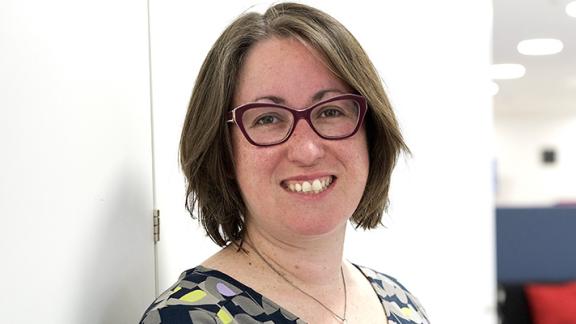Citizens do want their health data to be harnessed for innovation

While there is a lack of trust in the government, Dr Layla McCay argues that citizens are not opposed to having their data used for the purposes of innovation.
To realise the ambitions of its Life Sciences Vision, the government recently announced that £200 million would be invested into the development of Trusted Research Environments (TREs) the aim being to provide researchers with better access to NHS data, in shorter time frames, while maintaining the highest levels of privacy in order to pave the way for making advances in cutting edge medical advances and treatments.
TREs do indeed offer the gold standard when it comes data security offering a way for data to be stored and used for research without data being simply given to those wishing to make use of it, with researchers having to come to the data instead of the data being given to them.
TREs do indeed offer the gold standard when it comes data security
This also means that TREs offer a level of transparency about who is accessing the data, how they plan to use it and what the outputs of this use will be. While an oversimplification of how TREs work, this should, in theory, give further reassurance to the public that their data is safe and being used in ways that they would support.
However, after the fallout of GP Data for Planning and Research (GPDPR) programme last year and Care.data before that, the public’s confidence in the government’s uses of data is at an all-time low. In such an environment can citizens really believe that TREs will live up to their name?
Building up confidence
The Secretary of State for Health and Social Care, Sajid Javid, has recently made positive remarks about the need to invest in building public confidence towards data re-use, and while we do not yet know how this new investment will be distributed, we can hopefully be confident that the government will learn from previous mistakes and anticipate the risks current public sentiment on data sharing poses to the success of this project.
...positive remarks about the need to invest in building public confidence towards data re-use
It was the failure to engage the public, listen to their concerns and act upon their wishes which gave the impression of a government attempting to make a grab for the public data to sell to the highest bidder which ultimately led to the downfall of GPDPR.
However, this has not been a solely UK or data policy challenge, robust public engagement has historically always been an under-resourced asset in policy building across the board.
Thankfully this is changing, and the NHS Confederation has been involved in a number of data specific public engagement strategies across the UK and Europe that can provide insight and opportunity for the UK.
Joint action
One example is the ongoing development of the European Health Data Space or TEHDaS. TEHDaS is an EU joint action to develop the infrastructure and legal and ethical considerations that must be addressed to enable the sharing of health data across national borders for secondary purposes.
What we have seen from our participation so far is that despite the current low trust in government use of data, many citizens already share the desire for health data to be harnessed in the pursuit of innovation.
The NHS Confederation is currently working in partnership with public bodies in France and Belgium to run a citizen’s consultation for the public to share their views about how their health data should be collected and used. When the consultation concludes in April, it will provide insights about how citizens in the three countries want to be engaged. For now, the consultation is still underway; you can share your views here.
Layla McCay is director of policy at the NHS Confederation. Follow her on Twitter @LaylaMcCay
This blog was first published in Digital Health.



